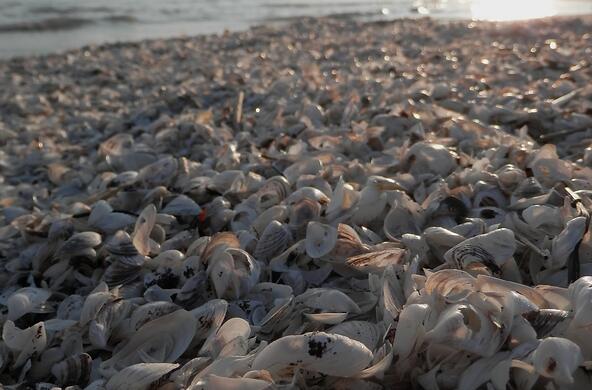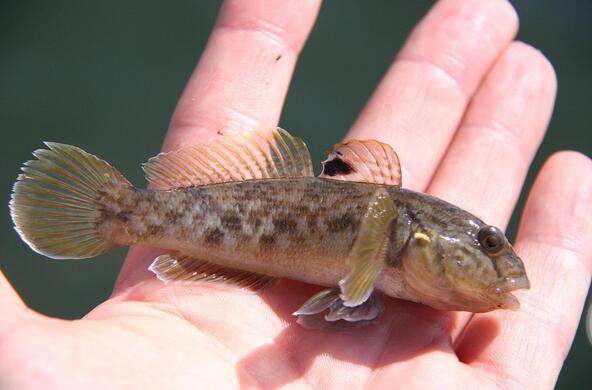Ned Ames Honorary Lecture
Cary Institute President Joshua Ginsberg and aquatic ecologist Stuart Findlay discuss Cary's decades-long research program on the Hudson River, as well as emerging challenges and the future of Hudson River science.
Since the 1990s, Cary scientists have been working to understand the ecology of the Hudson River. Their research has contributed to the body of work that makes the Hudson one of the most rigorously studied rivers in the world. By treating the river as an integrated system – with research sites spanning 200 kilometers from Troy, NY, to the Governor Mario M. Cuomo Bridge – they have gained an unprecedented understanding of the river’s ecosystem.
Findlay discusses lessons learned on how the river has responded to invasive species such as zebra mussels and water chestnut, how shoreline development impacts water quality, and habitat response to sea level rise and saltwater intrusion. He also showcases the Hudson River Environmental Conditions Observing System (HRECOS), a network of water quality and weather monitoring stations that provide a window into Hudson River health.
The Hudson is making a recovery, but challenges remain and new ones loom. Among them, climate change is impacting fisheries, drinking water, and marshes and other sensitive shoreline habitat.
Findlay will provide recommendations on how science can continue to support the Hudson River’s recovery, now and for future generations.
Resources
Submersed Aquatic Vegetation Project [Citizen Science]
Working independently in teams of two, volunteers work from kayaks and canoes to record observations on plant cover, species presence and water depth at over 100 sites in the river.
Managing Shore Zones for Ecological Benefits [Handbook]
The purpose of this handbook is to offer suggestions for practical ways that landowners and land managers can protect shore zones and increase the benefits that they provide. Although targeted at the Hudson River, many of these suggestions will be helpful for managing shore zones along lakes, rivers, and estuaries elsewhere.
Managing Shore Zones for Ecological Benefits [Guide]
A guide for shore zone managers and users for protecting the ecological benefits that healthy shore zones can provide.
10 Questions to Ask When Building Defenses to Protect Hudson River Shorelines [Guide]
The questions included in this guide are designed to help you choose the right kind of shore defenses (if any) for your site. They are intended to open and guide your discussions with engineers, landscape architects, and regulators who will work with you.
For students & teachers
Hudson River Ecology
How does the Hudson River ecosystem respond to different types of changes over time? Are these changes permanent, and how will the ecosystem respond? Our curriculum addresses these questions through lessons and readings which combine unique and engaging Hudson River data collected by the Cary Institute and other scientists.
Hudson Data Jam
The Hudson Data Jam Competition challenges students to creatively tell the science stories of the Hudson River watershed.






